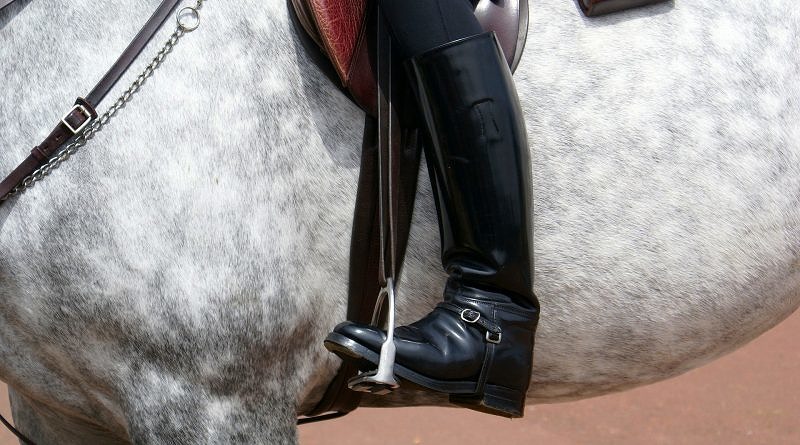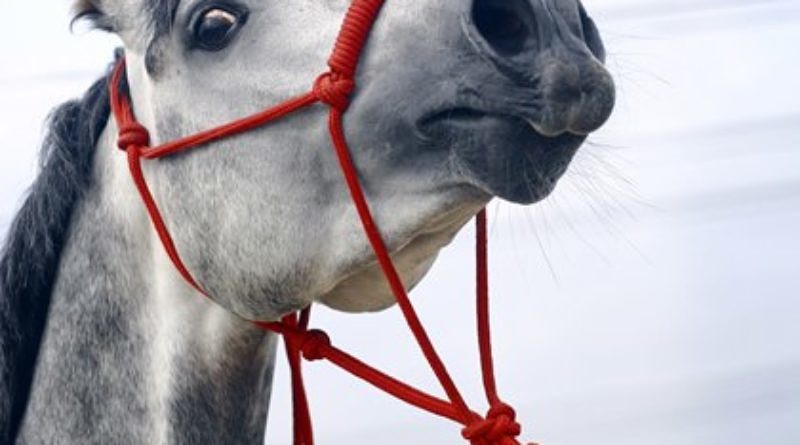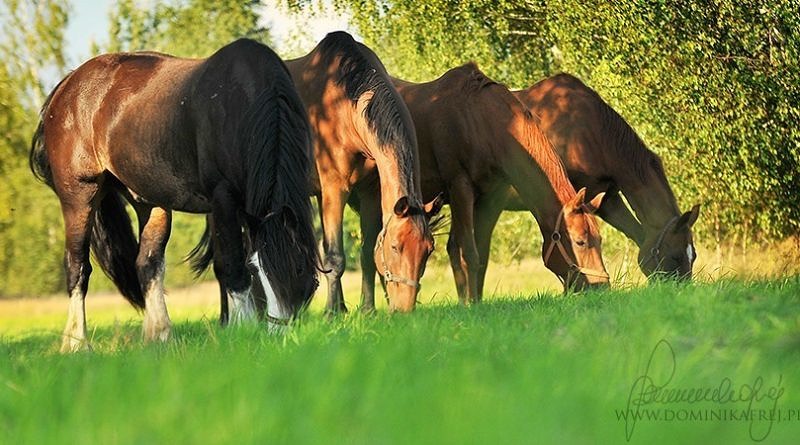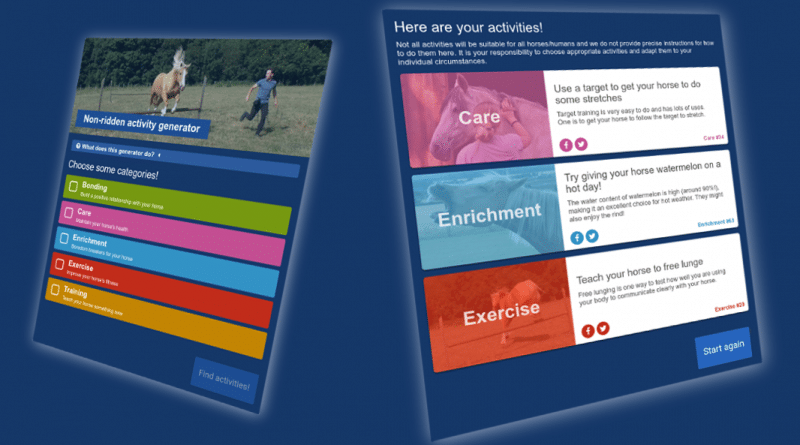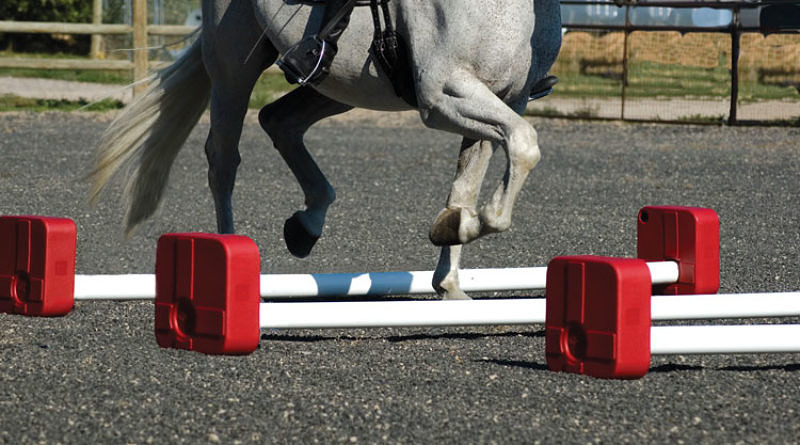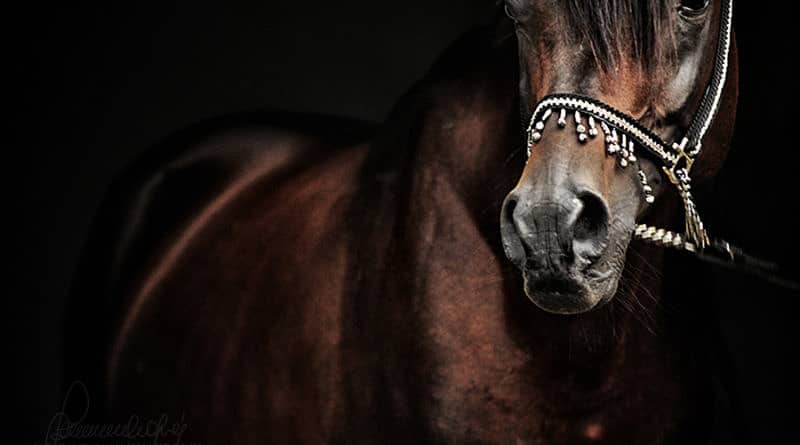The key to effective training that is surprisingly overlooked
Do you sometimes feel like you take two steps back for every step forward? You may be overlooking the most fundamental factor in training your horse!
As a behavioural consultant, my role isn’t simply to train horses with behavioural problems – it’s to get down to the root cause of the problem and identify the changes that need to be made to address it.
The traditional approach to dealing with unwanted behaviours is to punish those behaviours and suppress them. As we understand more about how horses learn and what motivates them, we are increasingly realising that this is neither the most effective approach to behavioural modification nor ethical. Punishing unwanted behaviour merely hides the issue – it doesn’t address the reason behind the behaviour.
There are other ways to train horses that are more effective and more humane. For instance we can use positive reinforcement to show the horse what the ‘right’ behaviour is while simultaneously creating more pleasant associations and motivations that can go some way to addressing the root cause.
What a lot of owners do not realise, however, is that training often isn’t the answer at all!
The reality is that horses rarely spend more than a handful of hours with us per week… The vast majority of your horse’s life is nothing to do with you!
This means that how your horse lives and how they spend their time when you are not there is as important as, and often far more important than, the brief periods of time you spend with them – let alone the fraction of this time you spend purposefully ‘training’ your horse!
When seeking to modify a horse’s behaviour, it is essential to address their living arrangements first. If a horse’s physical and social requirements are not being met, they lack mental stimulation, they are regularly becoming frustrated or fearful, or are otherwise chronically stressed in your absence, their behaviour will be impacted.
Your 60 minute training session will never be a match for the other 23 hours in a horse’s day!
So next time you’re dealing with unwanted behaviour, consider what life is like for your horse when you’re not around. Is it stressful? Is it unfulfilling? Are your horse’s physical and emotional needs being met? That is the bulk of your horse’s life after all, and we all want to make our horses’ lives good ones!


